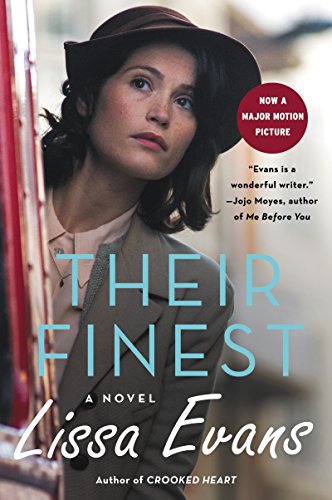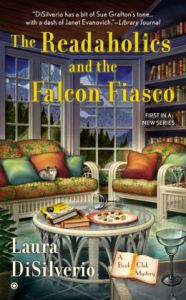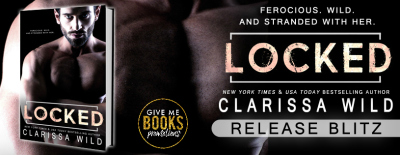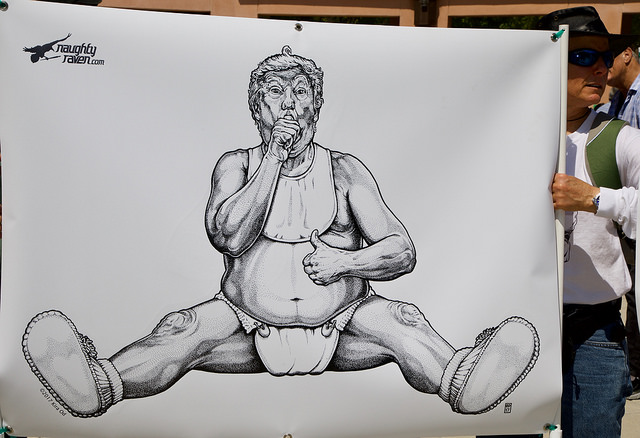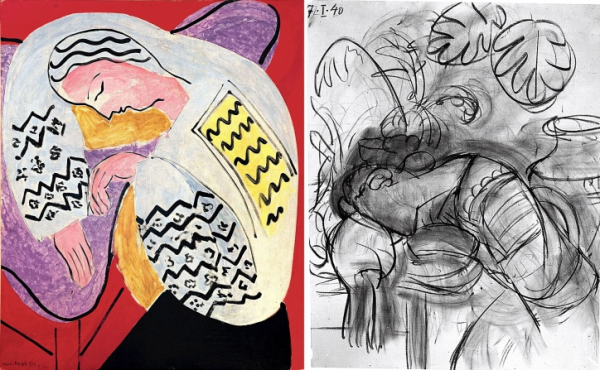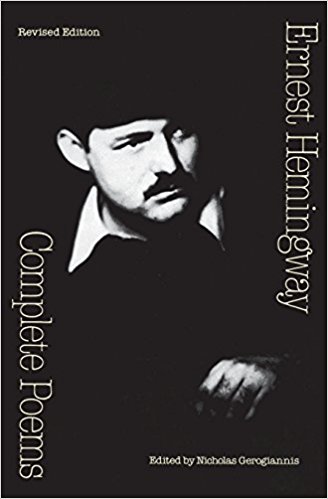
(image: amazon.com)
The Complete Poems of Ernest Hemingway
I found this book at my beloved Sam Weller’s here in Salt Lake City. Their poetry section is large and impressive. Needless to say thanks to them I find amazing poetry books regularly. Thank you Wellers!
This collection of poems brings amazing insight into how Hemingway developed into the extraordinary writer he was. Among the prolific writers, artists and musicians of the Jazz Age, Hemingway brings his own attitude and style to the era. This collection spans from 1912-1956, from Hemingway as a young man to an older experienced one, the poetry that he wrote explored technique, style, form and subject matter. It is amazing to see and read the poetry of Hemingway evolve as he honed his skills.
The introduction mentions that because of Hemingway’s use of expletives and frank raunchy subject matter, many readers seek out the collection on purpose. I had no idea that because of these elements readers (maybe specifically Hemingway readers) would purposefully seek out this book since the reason I got it was because I love Hemingway and love poetry (simple enough). But I was not surprised that his poems contained this questionable material, since Hemingway’s style emphasizes on ‘telling it the way it is’, he did not seek to leave out the private details of intimate life nor the language that people use in any of his writing.
These are few of the poems that I loved the most from this complete collection,
(italicized years are not part of the poem title)
[Blank Verse] 1916
Killed Piave-July 8-1918
[“Blood is thicker than water…”] 1922
To Good Guys Dead 1922
The Lady Poets with Foot Notes 1924
[Little drops of grain alcohol] 1926
Poem, 1928
Defense of Luxembourg 1945
(bracketed titles are taken from the first line of the poem)
In many of these poems Hemingway critiques his critics, he also explores his experiences in war and his attitude towards politics and government. Of course, there is also a lot of references to drinking and women but there is also critique from Hemingway on maybe a certain female poet (or general types of female poets, I am not sure) in ‘The Lady Poets with Foot Notes’, which I found to be both amusing and fascinating. Many of his early poems have a rhyme scheme, or appear to mimic various traditional forms, as he gets older it appears that Hemingway chisels his words more effectively and dabbles in writing his poetry in freer forms (maybe the influence of key modernist poets such as T.S. Eliot and Ezra Pound?) I believe the introduction mentions these poets among others that were involved in the writers community of the Jazz Age in Europe. Overall, I would recommend this book to any poet that loves the works of Hemingway since I find it instructive and inspirational. If anything reading this complete collections of poems has made me appreciate more the daily hard work that goes into writing whenever and wherever you can (on vacation or the battlefront). I admire Hemingway among thousands of other writers for his attitude and style of writing. There is something bare and true about his words that echoes with readers souls still.
What I love about this collection: It contains pictures of Hemingway throughout his life as well as pictures of the original poems and drafts. I love it when poetry/fiction books add these items because it brings the writer so much closer to the reader; to see his handwriting right next to the final printed word on the next page is incredible.
What I wish it had more of: The introduction gives sufficient background into the early writings of Hemingway (specifically his poetry). I am one of those book nuts that loves lengthy Introductions that delve deep into the subject matter of the book, if this one was just a little longer (it is only 15 pages) or double the size I feel that I could have learned more.
If you are reading this Thank You for taking time out of your day to read my writing!
I hope that you return in the future!
-Alina
p.s. I have decided to wait until I finish the last Harry Potter book to write a reflection on the entire series. Many people have written about Harry Potter and J.K. Rowling I know, but I want to specifically focus on the evolving writing in the series and character development. As a cornerstone series that every child should read, I think it is crucial to analyze Rowling’s technique and approach to her controversial subject matter, to better understand how such influential writers write.
Advertisements Share this: